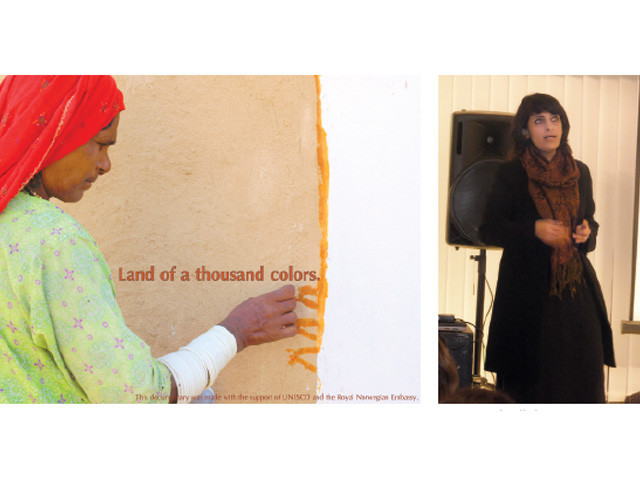
With funding from the Norwegian government and help from Unesco, the documentary depicts the craftspeople of Dera Ghazi Khan, Bahawalpur and Multan. The documentary focuses on women creating chundri and rilli (patchwork).
It is through these crafts that women gain economic empowerment, challenging the age-old belief that a girl is a burden. It is through the practice of their craft that women seek empowerment and healing. The film focuses on how women perform all tasks from working manual flour mills to being custodians of traditional arts and cultural rituals.
The film also talks about how many craftspeople languish in poverty due to the missing link between culture and economic development -- the link may be identified as marketing skills and business development.
In a vicious cycle, the impoverished conditions of the artisans lead to the weakening of the traditional crafts, which are not adopted by the newer generation. The number of artisans working in southern Punjab, thus, is dwindling.
An artisan importantly pointed out in the film that the old craft must be adapted to the modern demands of design, so that their demand in the national and global market increases.
Another significant aspect of southern Punjab that the film covered was the Sufi tradition, and how mystical music provides an emotional outlet to women who perform the cathartic trance-like dhamal at the famous shrines of Bahauddin Zakariya, Shah Rukn-e-Alam -- this is how culture helps them deal with sorrow and anxiety.
The Land of a Thousand Colors also talks about other aspects of the local culture such as food and sports. Many of these are undiscovered and unpreserved.
The audience particularly appreciated the selection of traditional music used in the film. This included Abida Parveen and other indigenous performers singing about how their simple world of love was better than the high-tech urban centres.
Farah Gul from Unesco shared how the film would complement Unesco projects in the regions. Pilot programs have already been run to empower women through crafts (by designing and marketing them) and to teach the new generation about the value of culture through a program “Heritage in Young Hands”.
The event was attended by almost 50 people.
After the screening Samar Minallah answered questions. Also present on the occasion was the Norwegian Ambassador to Pakistan, Robert Kvile, who spoke about the need for disseminating the documentary to a larger global audience to create an awareness of Pakistan as a land of peaceful and creative people, and not a land of militancy and extremism.
Published in The Express Tribune, February 7th, 2011.

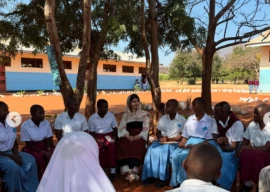

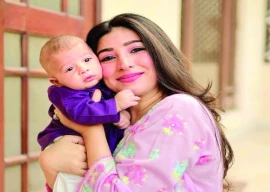
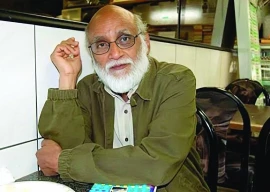

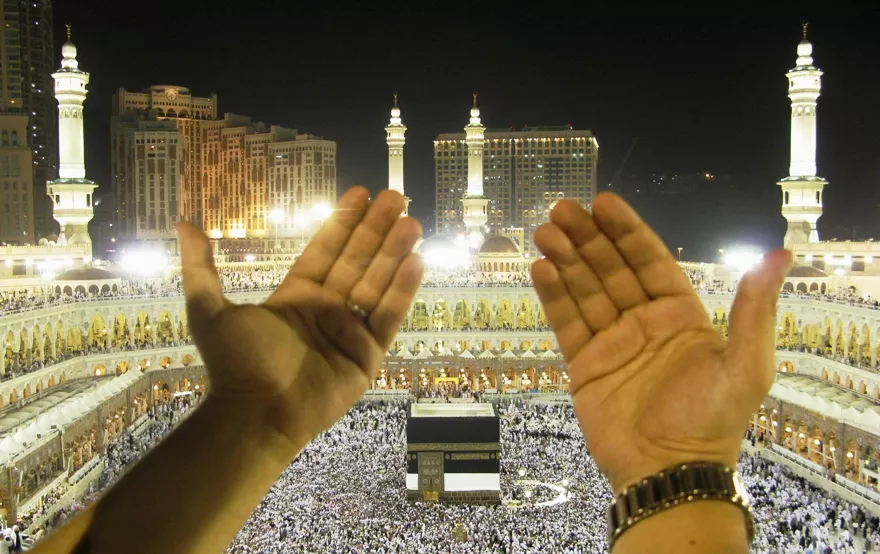




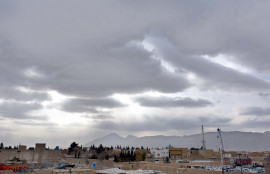






COMMENTS
Comments are moderated and generally will be posted if they are on-topic and not abusive.
For more information, please see our Comments FAQ